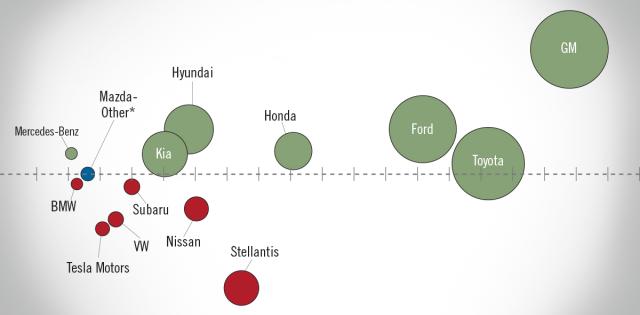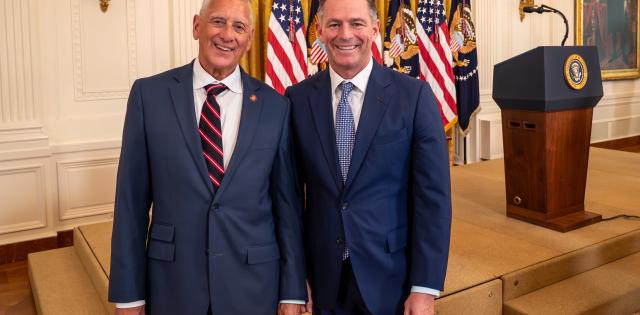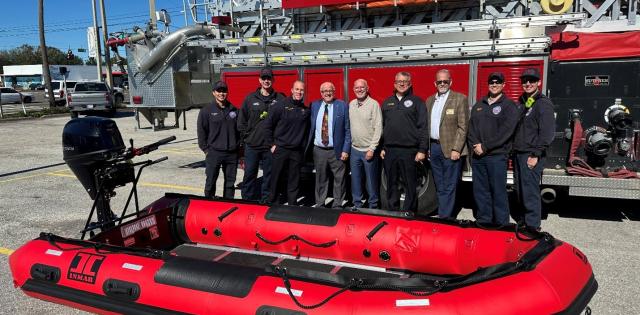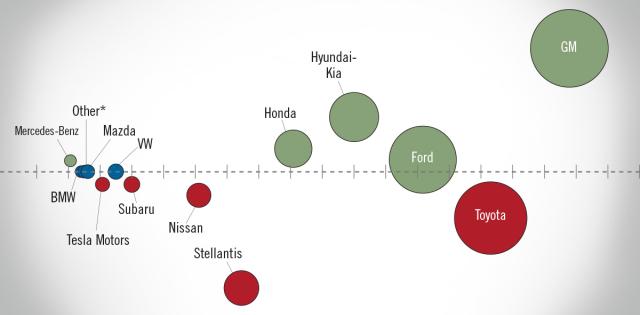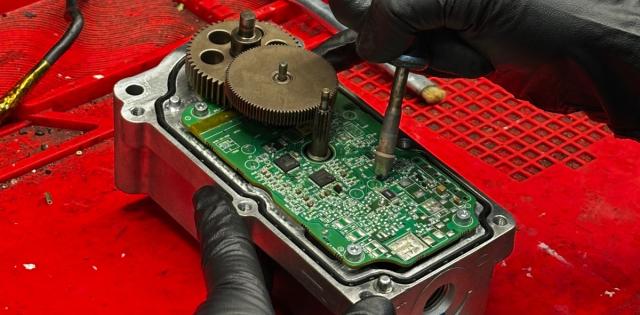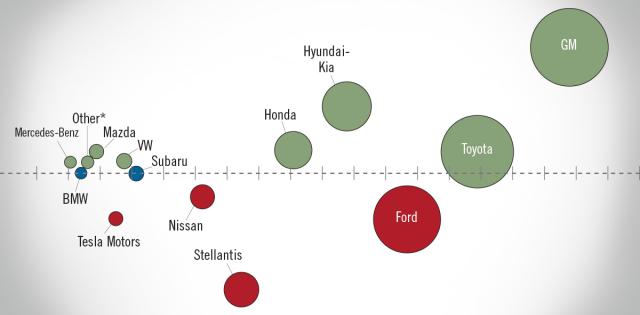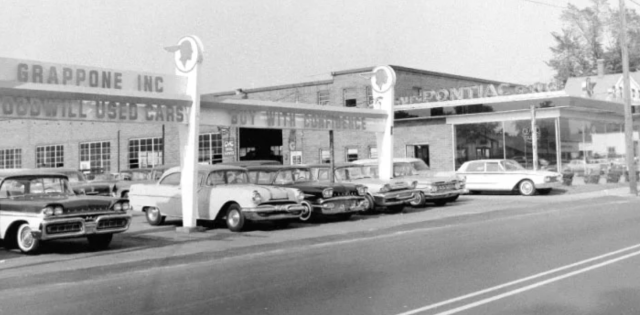With electric vehicles (EVs) lining up on the horizon and zooming into the nearest local showroom, auto dealers are preparing today to serve the EV customer of tomorrow by investing in training, education, infrastructure and, most importantly, positioning themselves as EV retail experts and resources for these new buyers.
The stage is set for massive growth and opportunity, said Kristen Balasia, Vice President of Consulting Services at IHS Markit, now S&P Global. “To say the BEV [battery electric vehicle] landscape is growing exponentially is an understatement,” Balasia said during a Saturday panel discussion on the NADA Show Live Stage.
And it’s not just niche manufacturers like Tesla making big plans for EVs. “By the end of the decade, about 90% of electric vehicles will come from traditional, mainstream brands, just like the ones you already have relationships with at your dealerships,” she said.
The idea that dealerships don’t want to sell EVs is ridiculous, said NADA Academy Director Michael Hayes. “We’re selling a transportation solution that someone wants and meets their needs,” he said. “If I’m a dealer, I’m in the EV business. Every dealer, I truly believe, will sell EVs [and] wants to sell EVs, if that’s what our customers want.”
Dealerships are ready: They’ve been making the investments to transition to EVs while making sure they’re in a position to service the traditional internal-combustion engine (ICE) vehicles that will continue to be on the road for years to come.
So what can dealers do to make sure that customers know that? Chris Neff, EV Dealer Training Specialist with Plug In America suggested dealers attend drive events throughout the country, including National Drive Electric Week. “That’s where EV folks gather and share information and they’re always looking for dealers to come,” he said.
Dealers should also have at least one EV expert on staff, said Bradley Farr, OEM/dealership specialist for the Center for Sustainable Energy, especially someone who can help buyers navigate and take advantage of all the federal, state, local and utility EV incentives available.
“A lot of the EV-only startups with direct sales model … that’s all they do is EVs so they have all the answers,” Farr said. Dealers don’t want to lose a potential customer to these competitors because they didn’t have someone on staff who could answer those questions, Farr noted.
Knowing a buyer’s lifestyle and motivation for buying an EV is a great opportunity for dealers to provide information that buyers will value, said Chris Potgeiter, Product Marketing Manager at automotiveMastermind. For example, if the EV buyer is a homeowner, a dealer might mention an in-home charging station. If the buyer is an apartment dweller, direct them to local charging stations near them. Maybe the buyer has expressed frustration over being a frequent visitor to the service department. A dealer can point out that an EV has fewer moving parts that could break and can offer a new level of reliability.
The panel had even more suggestions on how dealers can get front and center of potential EV buyers. Watch the full session in the video below.
IHS Markit is sponsoring the EV Daily segments featured on Live Stage each day during NADA Show 2022. Watch the Livestream from the Live Stage.


